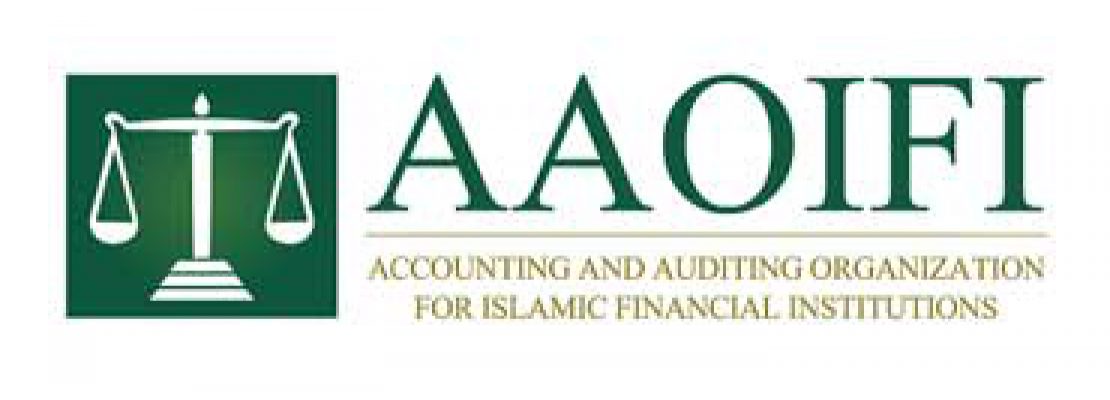
Scope of Standard
Article Overview
An overview of AAOIFI Standard Number Three is presented. It should be noted only a summary and overview of the standard is presented, the full standard is available from AAOIFI.
The purpose of this standard is to explain the Shari’a rulings applicable to the transactions of Islamic Financial Institutions relating to delay on the part of solvent debtors in settling their debts, delay on the part of guarantors and contractors in fulfilling their obligations, and the ruling on the matter of penalty clauses.
This standard is applicable to cases of default on the part of a solvent debtor or a solvent guarantor, and the case of a contractor or concessionaire who is late in completing work and thus becomes a debtor by virtue of a penalty clause.
The standard is not applicable to debtors who are insolvent or bankrupt, or to debtors who delay payment for an established Shari’a reason.
The standard is issued on 27 Safar 1421 H, corresponding to 31 May 2000.
Shari’a ruling
Default in payment by a debtor
- Default in payment by a debtor who is capable of paying the debt is haram (prohibited).
- It is not permitted to stipulate any financial compensation, either in cash or in other consideration, as a penalty clause in respect of a delay by a debtor in settling his debt, whether or not the amount of such compensation is pre-determined; this applies both to compensation in respect of loss of income (opportunity loss) and in respect of a loss due to a change in the value of the currency of the debt.
- It is not permitted to make a judicial demand on a debtor in default to pay financial compensation, in the form either of cash or of other consideration, for a delay in settling his debt.
- The debtor in default bears all legal and other expenses incurred by the creditor in order to recover his debt.
- The creditor is entitled to apply for the sale of any asset pledged as collateral for the debt, for the liquidation of the debt. He is equally entitled to stipulate that the debtor must give a mandate to the creditor in sell the pledged asset without recourse to the courts.
- It is permitted to stipulate that all outstanding installments become due once the solvent debtor fails to pay an installment. It is preferable that this clause should be implemented only after notifying the debtor and after the lapse of a reasonable period of time, not less than two weeks.
- In the case of a Murabaha sale, if the asset that was sold is still available in the condition, in which it was sold and the buyer has defaulted in the settlement of the price and has later become bankrupt, then the seller (the institution) is entitled to repossess the asset instead of initiating procedures to obtain a bankruptcy order.
- It is permitted to prescribe in contracts involving indebtedness (such as Murabaha) an obligation on the debtor, in the case of default in payment, to donate an amount or a percentage of the payment due on condition that this be donated to charitable courses under the supervision of the bank’s Shar’a supervisory board.
Guarantor
- It is permitted for a creditor to demand that a debt be settled by a guarantor according to established Shari’a principles. The institution is entitled to demand payment from either the debtor or the guarantor, provided that there is no condition in the contract to the effect that payment must be sought first from the debtor.
- All rulings applicable to debtors in default are equally applicable to guarantors in default.
Contractor or concessionaire
It is permitted to include penalty clauses in contracts for construction, Istisna’a and supply contracts. In case of a refusal to pay the amount due under a penalty clause, the rulings relating to default by a debtor would be applicable. It is permitted to deduct the amount from outstanding amounts due to the contractor.
Non-material punishments for default in payment
The institution is entitled to include the name of a debtor in default in a list of undesirable customers (black list) and to send a warning admonition to other companies about the defaulting debtor, either when there is an inquiry from other companies about the debtor or when such ‘black lists’ are exchanged between companies directly.
General rulings
- The institution is entitled to follow the affairs of a defaulting debtor and his financial dealings; this is considered a kind of pursuit of the debtor.
- The institution may accept a payment from a debtor who is in default that is in excess of the amount of the debt, provided there is no contractual condition whether written or, verbal or custom or mutual agreement relating to this additional amount.
- It is permissible for the institution to include a condition in a contract dealing with indebtedness to the effect that, if the debtor is late in making payment, the institution is entitled to recoup the amount due from any of the accounts of the customer with the institution.
The establishment of default in payment
Default in payment is established when, following a normal demand for payment, a debtor who has not proved that he is insolvent fails to settle the debt on its due date.







